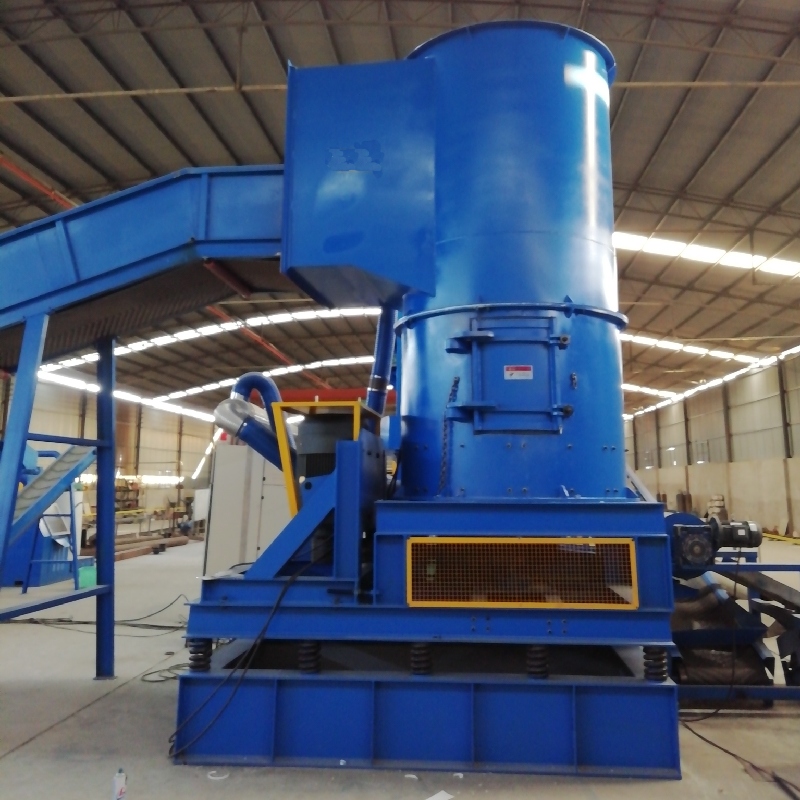

Sep . 10, 2024 03:01 Back to list
The Significance of Scrap Metal Plants in Modern Industry
In today’s rapidly evolving industrial landscape, scrap metal plants play a crucial role in fostering sustainability and promoting the circular economy. As the demand for raw materials escalates, the importance of recycling scrap metal cannot be overstated. These facilities not only relieve the pressure on natural resources but also contribute significantly to economic growth through job creation and energy conservation.
Scrap metal plants are specialized facilities that process discarded metal materials. The process begins with the collection of scrap metal from various sources, including construction sites, manufacturing facilities, and municipal waste. Once collected, the metal is sorted into ferrous and non-ferrous categories. Ferrous metals, such as steel and iron, contain iron and are magnetic, while non-ferrous metals, like aluminum, copper, and brass, do not. This sorting is essential for efficient processing and recycling, as different metals require distinct treatment methods.
After sorting, the scrap metal undergoes shredding, where large pieces are broken down into smaller, manageable sizes. This step facilitates easier transportation and processing. The shredded metal is then melted down in furnaces, where it reaches extremely high temperatures. The molten metal is poured into molds to create new products or is further refined for specific applications. This recycling process consumes significantly less energy than extracting raw metals from ores, thus contributing to lower carbon emissions and less environmental degradation.

Moreover, scrap metal plants help combat the issue of waste management. By diverting metal from landfills, these facilities ensure that valuable materials are reused. This aspect is particularly important considering that metals can take thousands of years to decompose, and their presence in landfills can lead to soil and water contamination. Recycling not only mitigates these environmental hazards but also conserves natural resources. For instance, recycling one ton of aluminum saves over 90% of the energy required to produce aluminum from bauxite ore.
The economic benefits provided by scrap metal plants are also noteworthy. They create numerous job opportunities at various levels, from collection and sorting to processing and management. As the recycling industry continues to expand, there are increasing demands for skilled workers in this field. Furthermore, local economies benefit from the sale of recycled metals, which can be utilized in various manufacturing processes, reducing dependence on imported materials.
In conclusion, scrap metal plants are vital to modern industry and environmental sustainability. They not only contribute to the conservation of natural resources and energy but also play a pivotal role in supporting local economies through job creation and recycling initiatives. As society continues to recognize the value of recycling, the significance of scrap metal plants will only grow, paving the way for a more sustainable and responsible approach to resource management. Embracing this change is essential for creating a cleaner, greener planet for future generations.
Latest news
Metal Shredder: The Ultimate Solution for Metal Recycling
NewsApr.08,2025
Metal Recycling Plant: The Future of Sustainable Waste Management
NewsApr.08,2025
Eddy Current Separator: Revolutionizing Metal Recycling
NewsApr.08,2025
E-Waste Shredder: Efficient Recycling for Electronic Waste
NewsApr.08,2025
Double Shaft Shredder: The Ideal Solution for Heavy-Duty Material Shredding
NewsApr.08,2025
Cable Granulators: Revolutionize Your Cable Recycling Process
NewsApr.08,2025